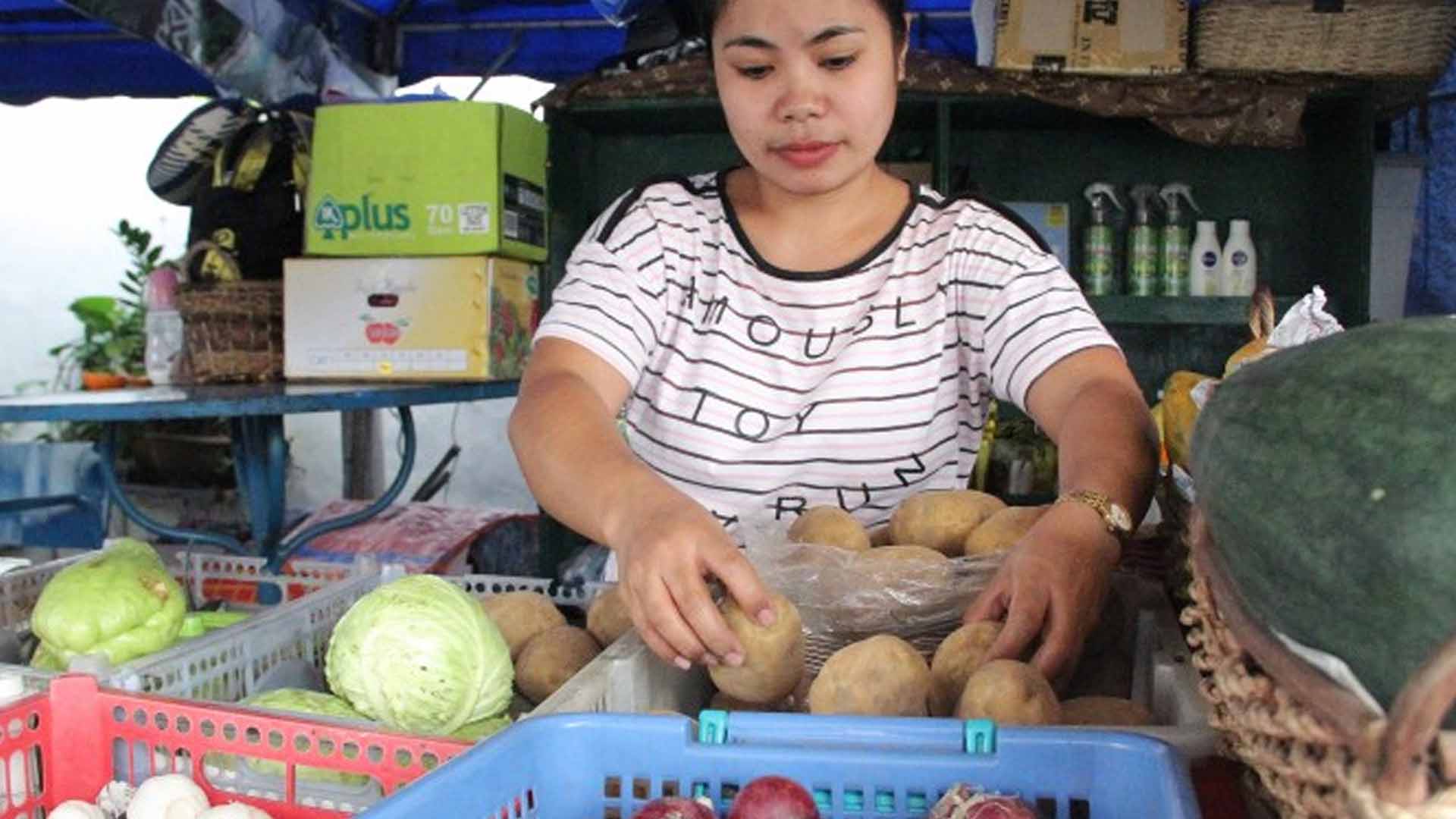President Ferdinand R. Marcos Jr. on Tuesday expressed optimism that the drop in the prices of fuel and imported agricultural products would help tame inflation.
This, after the country’s headline inflation rate in January 2023 ticked up to 8.7 percent from 8.1 percent in December 2022, according to the Philippine Statistics Authority (PSA) report.
While Marcos viewed the latest development as “unfortunate,” he remained bullish that the prices of commodities would go down, considering the sliding prices of petroleum products and his administration’s efforts to boost the supply of agricultural products.
“As of now, with fuel prices going down and the prices of [agricultural] products with the importation slowly also going down, I think that we will see the effects on the inflation rate further down the road. And I sincerely believe that this is going to be as high as it’s going to get,” he said.
Marcos, however, acknowledged that the measures being undertaken to ease inflation “have not yet done through the system.”
He added that it may take some time to bring down the prices of basic commodities.
“We have already taken some measures so that the supply will be greater and so that will bring the prices down but that will take a little time,” Marcos said, as he noted that agricultural products “have been a large part of the inflation rate.”
“And my continuing estimate or forecast is that by – we can see the lowering of inflation by the second quarter of this year,” he added.
The PSA reported that the January 2023 inflation was mainly driven by increases in housing rentals, electricity and water rates, as well as in the prices of vegetables, milk, eggs, fruits and nuts.
Socioeconomic Planning Secretary Arsenio Balisaan said the Marcos administration has identified measures to keep food price movements, consistent with the government’s inflation and food security objectives, with higher agricultural productivity, food supply augmentation and energy security seen as priorities to temper upward price pressures.
“As part of the administration’s 8-point agenda and the Philippine Development Plan 2023-2028, the government is implementing measures to ease price pressures and cushion the impact of inflation, especially on basic commodities,” Balisacan, also serving as National Economic and Development Authority (NEDA) director general, said in a statement.
Short-term measures include augmenting supply such as through temporary easing of import restrictions, price monitoring and targeted social support, while medium- to long-term priorities include ensuring food security through higher agricultural productivity and ensuring energy security by pursuing the energy transition and development program.
Marcos’ economic team is expecting inflation to temper for 2023 to 2024, with a slower-than-expected global recovery and waning pent-up domestic demand.
Moreover, the impact of Bangko Sentral ng Pilipinas (BSP) rate hikes is anticipated to be felt this year.
According to the International Monetary Fund’s (IMF) January 2023 World Economic Outlook Update, inflation is a global problem that will continue to be a challenge to countries worldwide.
“The global fight against inflation, Russia’s war in Ukraine, and a resurgence of Covid-19 in China weighed on global economic activity in 2022, and the first two factors will continue to do so in 2023,” according to the IMF report.
The IMF forecasts global growth will fall to 2.9 percent in 2023 but is projected to rise to 3.1 percent in 2024. (PNA)







